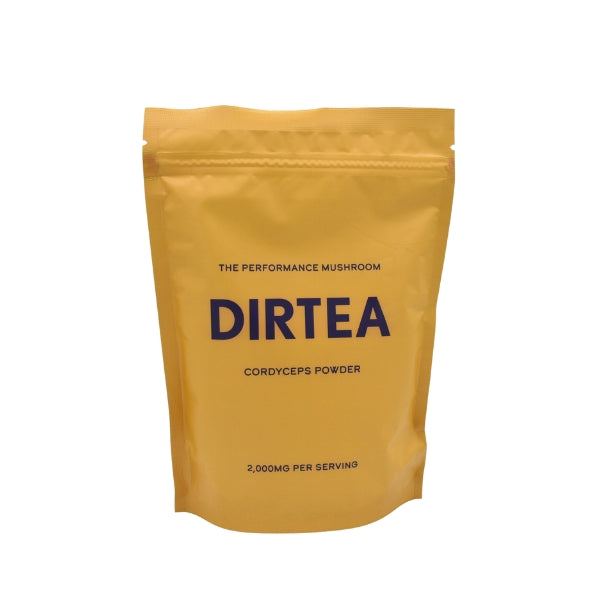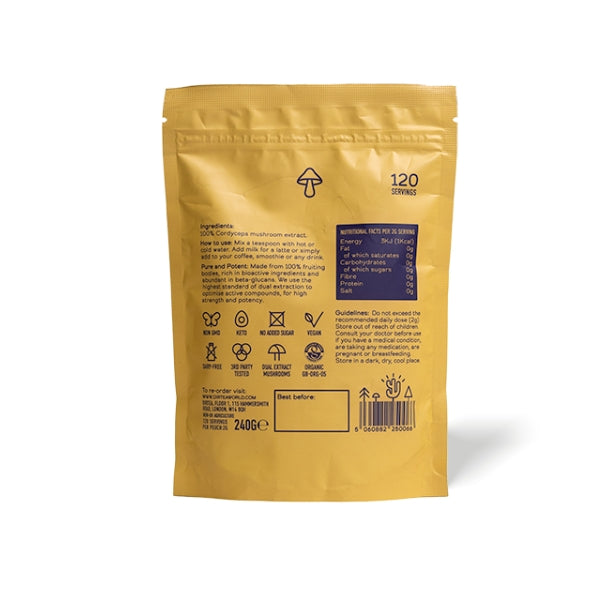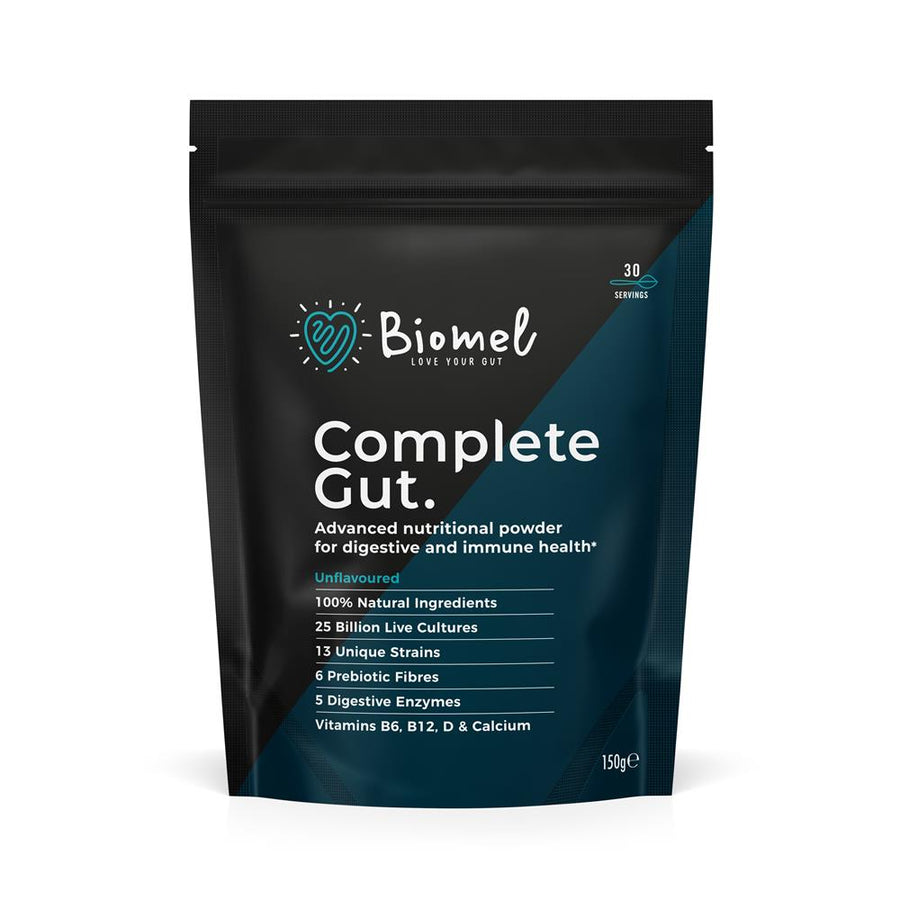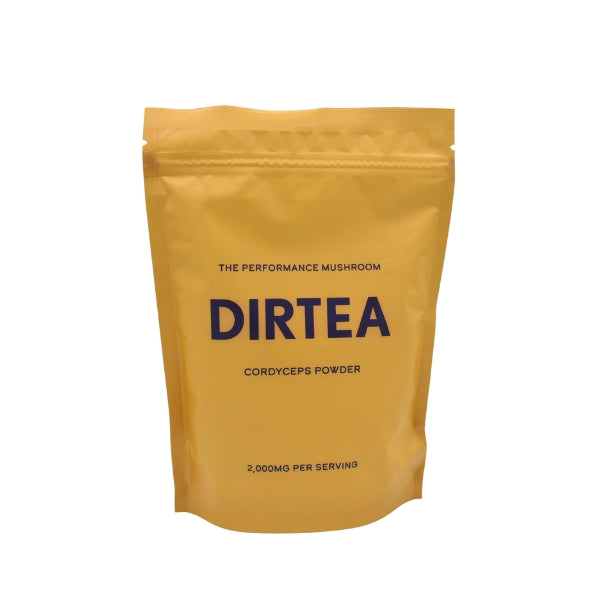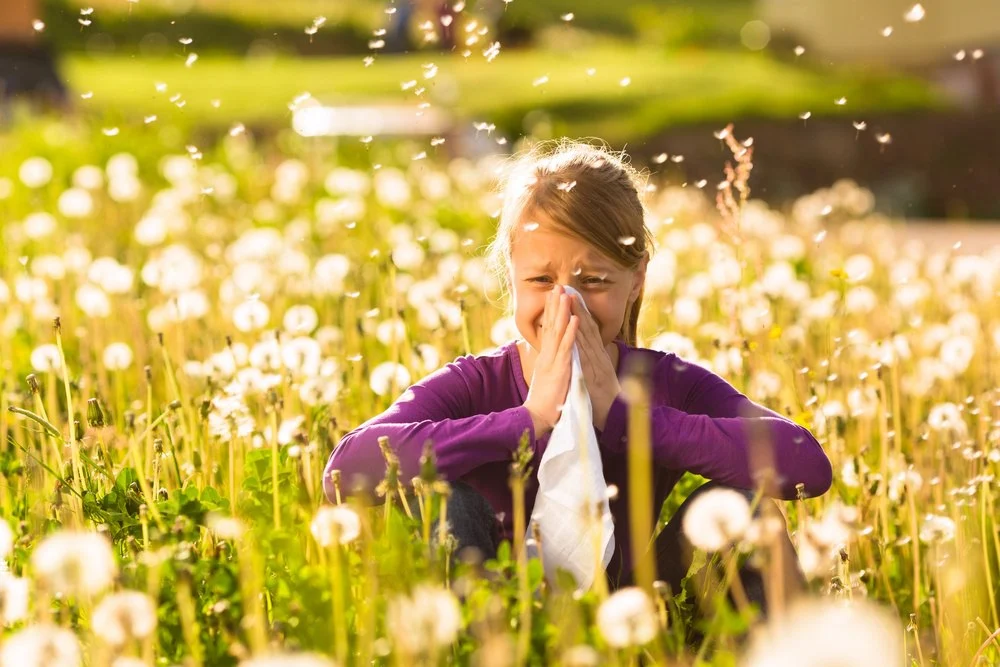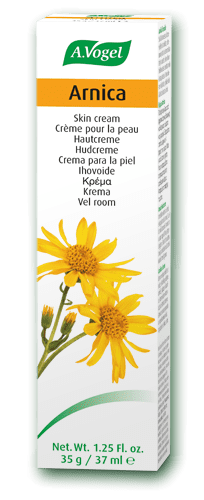What supplements you should take on a Vegan Diet?
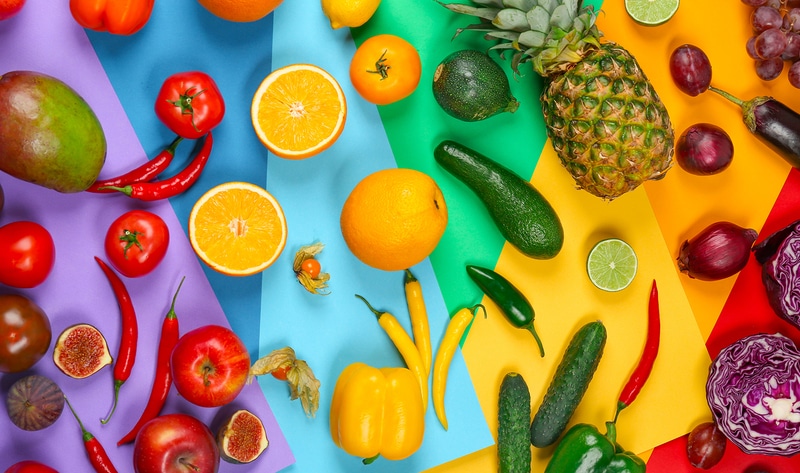
What supplements you should take on a Vegan Diet?
It is no secret that a well-planned vegan diet can be exceptionally healthy with a host of health benefits. However, it can be a slippery slope to a nutrient deficiency if vegan meals and snacks are not carefully considered at a nutritional level.
A plant-based diet can certainly benefit from being supported by careful supplementing and considering where all the key nutrients are coming from in your food.
At Natures Healthbox we have considered the top nutrients to include in a vegan diet, to ensure you are feeling and performing at your best.
Vitamin B12
Vitamin B12 is vital for several bodily processes, such as red blood cell production, DNA and RNA productions (the very building blocks of the human body), supporting and maintaining the health of the nervous system and releasing energy from your food. Low levels of B12 can be very dangerous- the first signs being fatigue and lethargy however the prolonged effects can lead to infertility, a damaged nervous system, anaemia, heart, and bone disease. B12 is not easily retained in the body so having a regular source is crucial; it is not plentiful in non-animal products and fortified foods may not meet the daily requirements of those following a vegan diet. Foods with naturally occurring B12 are disputed but there are fortified cereals, plant-based milks, plant-based spreads, nutritional yeast, and nutritional yeast flakes with added B12. Closely measure your intake of B12 from fortified foods and add in a daily supplement providing 25–100 mcg of cyanocobalamin or a weekly dosage of 2,000 mcg. You can supplement your B12 with tablets, capsules, powder, or spray making it easy to add into any lifestyle,
Calcium
Calcium is a mineral that plays a key role in the health of our bones, teeth, heart and the function of our muscles and nerve signalling. Studies have shown that vegans generally have a lower calcium level than those following an omnivore diet and are quite likely to need to supplement their diet. It can naturally be found in leafy greens such as kale, watercress, broccoli, bok choy, mustard and turnip greens and chickpeas. Some plant-based milks have also been fortified with calcium. The recommended daily amount for calcium is 1000mg for adults and 1200mg for over 50’s. Pay close attention to your intake from food and supplement accordingly.
Vitamin D
Vitamin D is a fat soluble vitamin that supports the absorption of calcium and phosphorus from the gut, however, vitamin D levels remain a problem for vegans and omnivores alike, owing largely to the climate we experience here in the UK. Vitamin D supports the immune system, our mood, our memory, and the recovery rate of our muscles. If we are low in Vitamin D, we can really feel the effects on our body. It is not readily found in many foods so we rely on the sun, but to meet the daily recommended amount we need daily exposure with no sun cream, minimal clothing, for 15 minutes in the midday sun which can be tricky. The RDA for children and adults is 600 IU (15 mcg) daily, increasing to 800 IU (20 mcg) for the elderly, pregnant and breastfeeding women. If you are unable to meet the daily requirements via sun exposure or fortified foods, it is advisable to take a daily supplement spray or tablet.
Iron
Iron is an important nutrient that shares jobs with B12, such as making DNA and red blood cells, it also supports our metabolism and carries oxygen in our blood. Low iron levels lead to lethargy and fatigue and can compromise our immune system. The RDA for post-menopausal women and adult men is 8mg daily, 18mg daily for adult women, and 27mg daily for pregnant women. There are two types of iron supplements; non-heme iron is derived from plants and suitable for vegans. Iron rich foods should be the first port of call over a supplement; beans, peas, dried fruits, nuts, seeds, leafy green vegetables and fortified plant milks, breads and cereals should all be considered alongside a vitamin C source to increase absorption.
Omega-3
Omega 3’s break down into Essential Omega-3 fatty acids that you can only obtain from your diet, and Long-Chain Omega-3 fatty acids that are not considered essential because your body can make them from ALA. Long-Chain Omega-3 fatty acids help with the structure of the brain and eyes, and also brain development. They help reduce the risks of inflammation and mental health conditions such as depression. ALA rich plants include hemp seeds, soybeans, flax, and chia seeds plus walnuts so including these abundantly in a vegan diet is advised. Algae oil is suggested for meeting the recommended daily allowance of EPA and DHA as they are typically found in fish products that are not suitable for plant-based diets.
Zinc
Zinc is a mineral that plays a crucial role in immune function, bodily cell repair and our metabolism. If you become deficient in zinc it can contribute or hair loss, delayed wound healing, developmental issues, and diarrhoea. The RDA for zinc is 8–11 mg daily for adults, increasing to 11–12 mg for pregnant women and 12–13 mg for breastfeeding mothers. It can be exceedingly difficult to supplement through food alone as very few edible plants have high levels of zinc. However, including sprouted breads, legumes, seeds, and nuts will increase the zinc in your diet, plus wholegrains, wheat germ and tofu. Nuts, seeds, and legumes that have been soaked overnight, plant-based protein and fermented foods have also been noted to aid increased absorption of zinc in vegans. If meeting the RDA is still challenging it may be time to consider taking a daily Zinc supplement.
Iodine
Iodine supports healthy thyroid function, which is the control pad behind your metabolism. It is important to pay attention to Iodine levels particularly during pregnancy and early infancy if you are vegan due to affects on development. Adult vegans with deficiencies in Iodine can experience hypothyroidism which can affect energy levels, memory, mood, weight gain and the sense of feeling in the hands and feet. Iodine levels in plants grown near the sea tend to be higher in iodine, such as, seaweed and iodized salt. Adding half a teaspoon of iodized salt to your food each day meets the RDA for adults, which is 150 mcg daily. Pregnant women should have 220mcg per day and increase to 290 mcg if breastfeeding. Ideally iodine levels should be maintained via food sources before supplementing by other means.
Most nutrients are obtainable through plant-based foods; however, some nutrients are quite difficult to absorb at the levels required by the human body, through food alone; supplementing is a perfect solution. If you are concerned about your nutrient levels please seek the support of a health professional.
